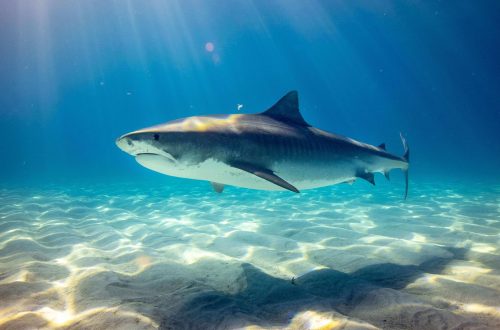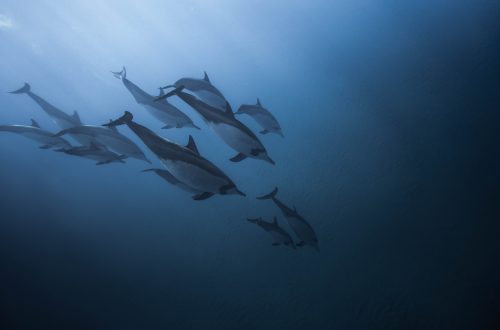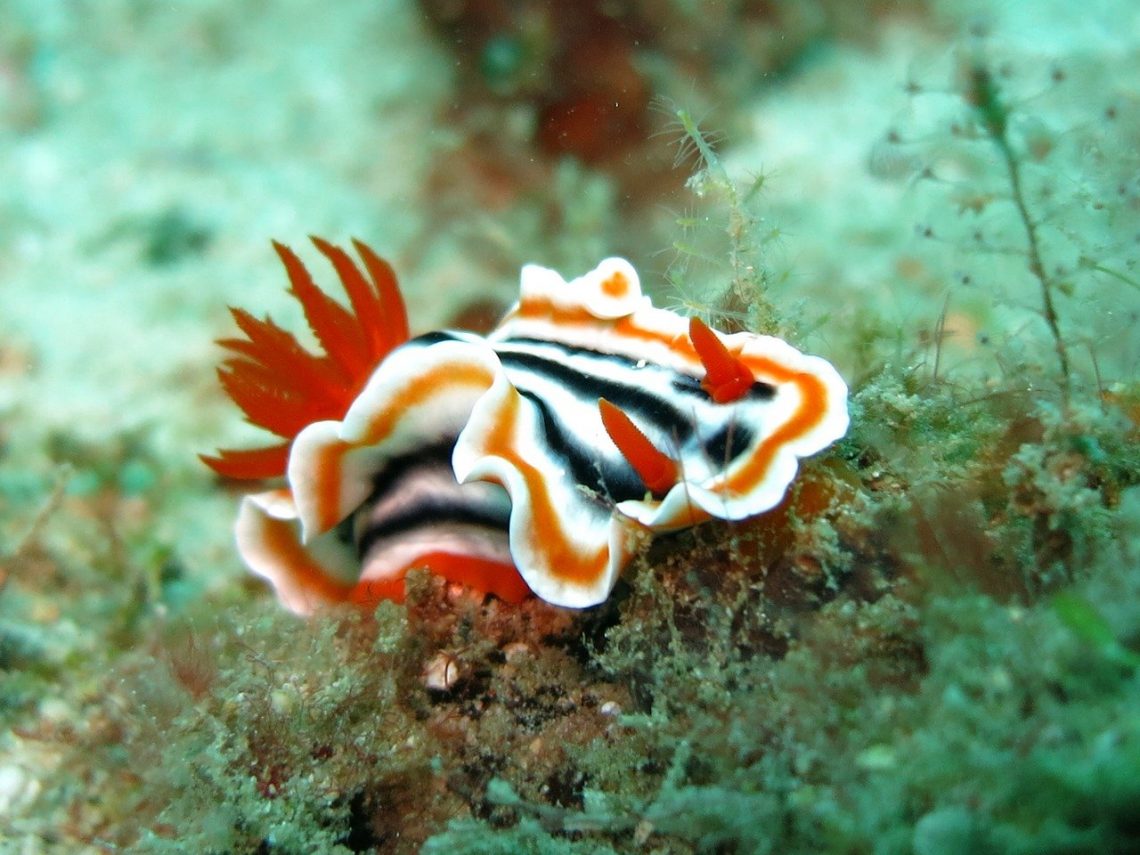
5 Reasons We Need More UK Marine Protected Areas
What are Marine Protected Areas?
What’s the Problem?
It is often said that we know more about the surface of the moon than we do about the bottom of our own oceans.
Yet for centuries we have taken from the seas without much thought to the consequences. We have exploited the ocean for our own benefit and as a result, are now realising that this wasn’t without repercussions.
Humans have fished species to extinction and many others to the brink. We saw a bountiful resource and assumed that that bounty was limitless.
Then, gradually, those who work most close with the sea back to notice changes. Some species were disappearing from their catches. Many of the larger fish were absent. Where once you were guaranteed a net full of squirming fish, now you were lucky to find even a few.
They realised that the oceans were a finite resource.
If we wanted the seas to continue to feed us, we were going to have to protect them from ourselves.
Marine Protected Areas
Marine Protected Area, or MPA, is an umbrella term that refers to any area of marine habitat across the world that is afforded some legal protection from human activity.
At their strictest, they can prohibit any human activity in the area at all. This includes recreational activities like sailing, diving or angling. Shipping routes must be diverted around them. “No take zones” dictate that no fishing is able to occur here.
But these rules vary between areas.
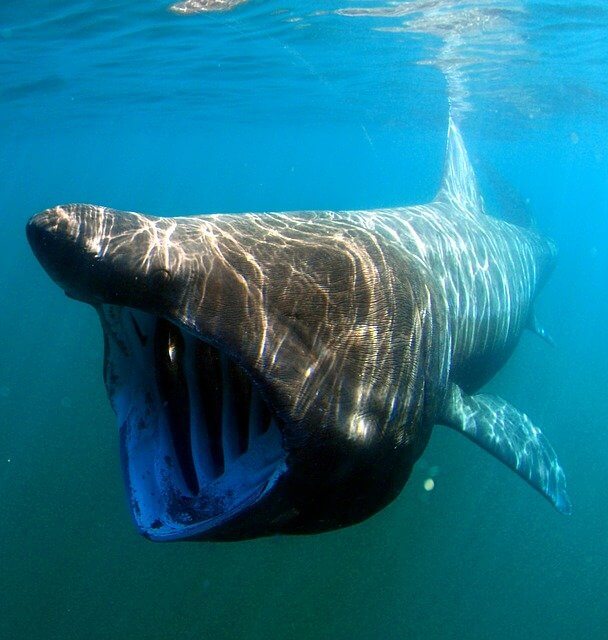
Where are UK Marine Protected Areas?
Types of Marine Protected Areas in the UK
The UK Marine Protected Areas are spread across all four nations. They fall into a few different categories.
Some of the Marine Protected Areas in the UK have been designated by the EU. Special Protection Areas (SPAs) or Special Areas of Conservation (SACs) fall into this category. SPAs focus on bird conservation.
The UK has also designated some of its own MPAs. In England, Wales and Northern Ireland, these are known as Marine Conservation Zones (MCZs) and in Scotland, simply… marine protected areas.
UK Marine Protected Areas in Numbers
According to the Joint Nature Conservation Committee (JNCC), there are now 371 UK Marine Protected Areas. 89 of these are MCZs, which are thanks, in large part, to the work of The Wildlife Trusts and the Marine Conservation Society.
It’s important to remember, however, that not all are created equal. They can be large or small, highly regulated or barely policed, no take zones or limited in scope.
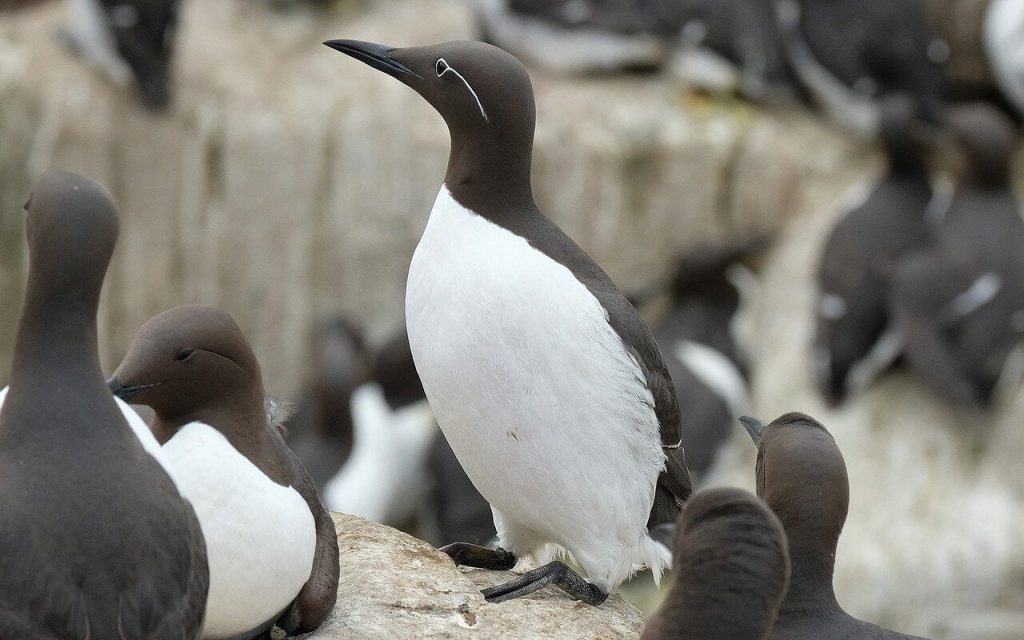
5 Reasons Why We Need More Marine Protected Areas in the UK
As a result, charities and organisations in the marine sector continue to campaign for further protection, either in the form of more UK Marine Protected Areas or further protections for existing ones.
Here’s why.
1. Step Back in Time
When we think of oceans teeming with life, most of us think of the Caribbean or the Red Sea or the Great Barrier Reef. Few of us think of our own shores as being this way.
That is, in part, because our expectations have changed. The Overton Window has shifted.
“Living memory” only extends around a century. Perhaps those centenarians remember their parents’ or even their Grandparents’ stories of how the world used to be. Even then, they are just that- stories. Not a statistical record.
We don’t know what the world looked like before we got here. We can’t look at what our world once was. What’s “normal” to us is what is right in front of us in our lifetimes.
Now, the abundance of fish there once was, is no longer “normal”. We are forgetting what could be.
MPAs offer us an opportunity to go back in time. We could experience what used to be, before it’s too late to return.
2. Fish Don’t Stay Still
Protecting one area, means fish thrive in that area.
Great! But if we can’t fish in that area, what’s the point? What’s in it for us?
Well it does place one, pretty substantial ball in our court: fish move.
If they thrive in one area, they will spill out in abundance into others.
Protecting nurseries and spawning grounds such as seagrass beds can offer fish the opportunity to reproduce, grow and take to the open ocean.
If we don’t take the juveniles, they have a better chance of reaching reproductive ages and making more fish to support a secure ecosystem. We, in turn, benefit as they spill out into other parts of the ocean where we can reap the benefits.
3. Feed the World
Our population is growing. It will likely continue to grow until the middle of the century.
If we are going to feed everyone, we need to be growing our food sources. To do that, we have to protect the place the food comes from.
Whilst a no-take zone might seem counter-intuitive, without them we won’t have the fish available to feed the world.
4. Pay the World
The UK fishing industry is a vital part of our economy. And so it is in coastal communities the world over.
Without fish, we lose jobs, livelihoods, cultural traditions, family legacies and with that, lives.
We need fish to pay the fishmen who feed us.
5. A Blue Planet
Our planet two thirds ocean.
The oceans play a vital roll in cycling gases, nutrients and water. They stabilise our climate. They absorb carbon dioxide. Oceans are the basis of many food chains.
Apart from providing us with food, our oceans give us a whole lot that we rarely consider.
So consider this: all of this is connected. If we remove one part, we upset the balance. We conserve the fish as part of a far bigger picture.
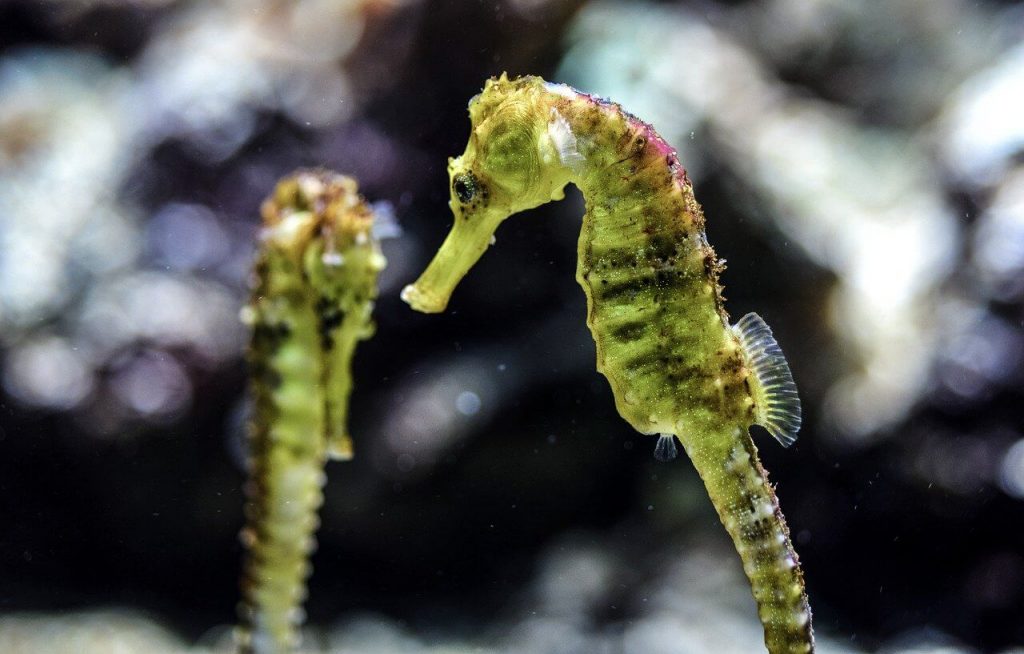
The Future
MPAs are not a silver bullet. Their effectiveness depends on whether we allocate them strategically enough and protect them strongly enough.
Estimates suggest that 97% of UK Marine Protected Areas are still subject to damaging fishing practices.
If we are to see MPAs have the desired effect, we have a few things to think about.
Networking
The fact that fish move is a strength of MPAs but if poorly executed, can become a weakness.
For animals with migration routes or that need access to multiple areas as part of their natural life cycle, just protecting one part of that will not do much good for the survival of the species as a whole.
Future MPAs should be allocated with this in mind, therefore creating wildlife corridors for marine life. It could require collaboration on an international level.
Highly Protected Marine Areas
One idea put forward to the government is that of Highly Protected Marine Areas. This is an upgraded designation that would see some UK marine protected areas officially awarded the highest levels of protection.
It would apply to the entire area and to all species that live there.
The idea is currently in government consultation. We will await the verdict…
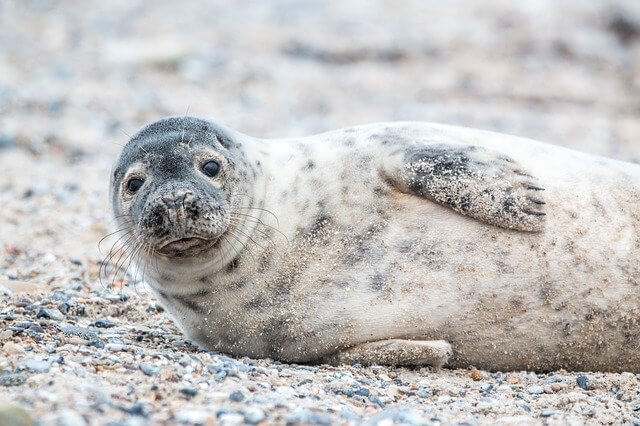
One Wild Thing
You can make a difference here. Let the UK government know that you are in support of the highly protected marine area status.
The Wildlife Trusts provide you with all you need to do just that. Many voices can affect change!



